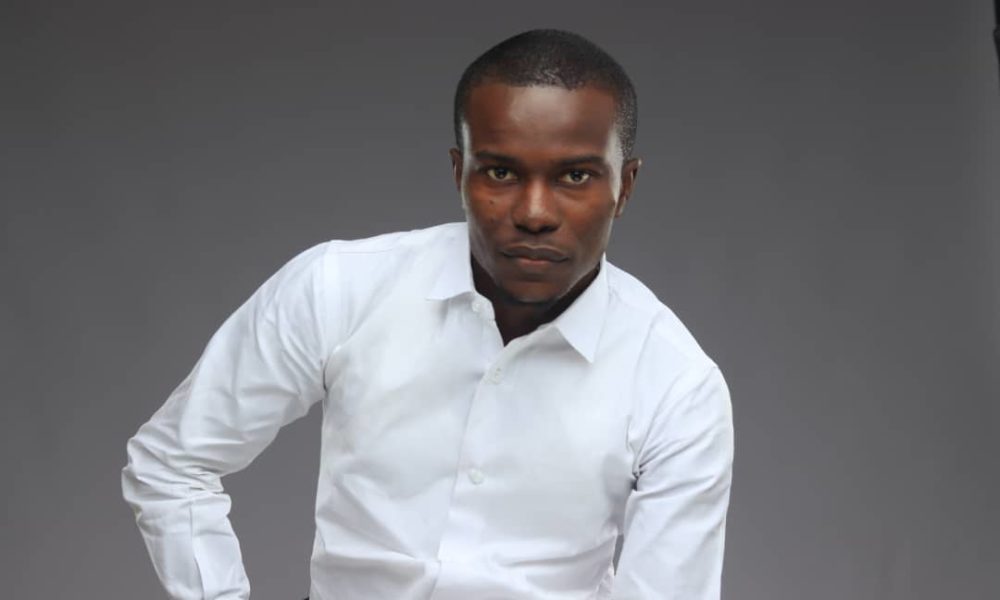By James Debono
Copyright maltatoday

Alex Borg’s election as party leader has undoubtedly energised the Nationalist Party’s base, as was evident from the enthusiasm and sizeable crowd in Pjazza Tritoni on Saturday night. Moreover, there seems to be method to his approach, based on a well-thought-out script to transform the PN into a catch-all “party of the nation.” But, as his tower debacle demonstrated, there are limits to catch-all politics: choices between conflicting interests sometimes have to be made.
Unlike all PN leaders lost in the political wilderness after 2013, Borg shows an understanding of how a political party can win power in a two-party system. In short, a party needs to galvanise its base, create momentum through a narrative of winning, and build a big-tent coalition where very different mentalities can coexist.
That is why, despite his conservative instincts, Borg is now coming across as a mainstream centrist politician, keen on avoiding culture wars that risk splitting his party. In a reassuring move for liberals, he even joined the Gay Pride march—something unthinkable for his favourite international politician, Giorgia Meloni.
In his Pjazza Tritoni speech, Borg dropped several hints on his leadership style while steering clear of a divisive script. He warmed up to his audience, noting their big smiles and enthusiasm. In short, he loves them and they love him back—something that proved difficult for Simon Busuttil and Bernard Grech. And while Delia did manage to connect with supporters, he remained too divisive, both internally and externally.
Winning beyond the base
Borg also understands that voters will not cast their ballot tactically to reduce Labour’s margin of victory. They will only opt for the PN if they believe it is a government in waiting. In general, people do not vote for losers resigned to minimising defeats. Faced with certain loss, many PN voters are more likely to stay home or back a third party.
Yet constantly stressing electability—while necessary to dispel the party’s sense of inertia and resignation—could backfire if Borg fails to keep up the pace or compromises too much, losing parts of the coalition he needs to win.
He is right to say that the PN is not entitled to victory simply because it has spent 12 years in opposition. But here Borg risks conflating the thirst for change with the less appealing prospect of seeing the PN back in power. He tries to merge the two aspirations: the real thirst for change in the country’s direction and an injection of “youthful energy,” and the weaker thirst for “having the PN back at the helm.”
While addressing his restricted core of loyal voters, he also understands that, to win, he must appeal to people “who have lost trust in political parties” and who do not feel they belong to either of the two big camps.
The red and white flag
Borg recognises that middle-of-the-road voters are turned off by divisive language, hence his constant references to “the red and white flag” and “national unity.” He also described his approach as one based on the “politics of persuasion”.
Crucially, like Joseph Muscat before him, Borg straddles the line between projecting his party as a promoter of national unity and depicting the adversary as a threat to the nation. In one of his most interesting remarks, he declared that he “has no enemies,” only to add that “the enemies of his party are those who hate the nation.” The insinuation being that Labourites are not enemies, but those who exploit power for self-enrichment are.
He also defines being a Nationalist as “love for the nation,” repeatedly calling the PN “the party of the nation.”
So far, however, there has been no hint of divisive nationalism based on ethnicity. His approach to migration is to encourage more Maltese into jobs such as nursing by offering higher stipends, rather than promoting an us vs them narrative. Still, it remains unclear whether long-term migrants some of whom are taking care of people’s loved ones in nursing homes, are part of Malta’s social fabric and not a blight to be removed.
From Fortina to First-Time Buyers
Borg also managed to articulate a different discourse to confront Labour on corruption. He cleverly compared the discounted land value offered to Fortina to the plight of young property buyers facing soaring prices.
That is a good way of translating concern on corruption and governance with the growing concern on housing affordability. Borg also used this issue to underline his commitment to good governance from the very first day in office even if he stretched this point too far. For any opposition leader would have lambasted the government of the day following the publication of damning report by the National Auditor.
Borg’s catch-all ‘national alliance’
He rightly noted that the PN has only won when in synch with the aspirations of a broader “national alliance” which aspires to become the “natural home of Maltese and Gozitans”. Still, it is not clear whether Borg views this alliance as a pluralistic coalition united by some common values or as the imposition of the party’s tribal identity on a broader cohort.
Moreover, keeping in mind that the last time the PN secured an absolute majority was in 2004, when its EU membership campaign united a broad alliance around an overriding issue, it is unclear how the PN can replicate that feat in an election where voters are expected to choose between two management teams of the same economic model. The PN’s task is not easy. Nor can Borg ignore competition from third parties advocating change which go beyond the dominant consensus.
Some potential voters may demand radical change, while others—particularly those benefiting from the current system—fear it. Some may even want radical change on some aspects while demanding continuity on other fronts. Some may even ask, why not trust the devil you know rather than someone who appeared out of the blue?
The PN as everybody’s party
In his Independence speech, Borg tried to resolve these contradictions by describing the PN as “a party which attracts everyone and appeals to people from all spheres of society.” To achieve this, he hints at win-win scenarios where “long-term” economic growth improves both quality of life and people’s incomes.
He avoids addressing inequality and wealth redistribution. Instead, he signals continuity with Labour’s model of financing welfare and public expenditure through increased revenue from growth—ironically, a model first pioneered by the PN. Muscat’s Labour later adapted it by pressing harder on the accelerator of economic growth, attracting more foreign workers and relaxing planning rules. It remains to be seen how Borg intends to correct this model.
He also stresses that he is meeting and listening to everyone, with the aim of striking a balance. But the difficulty of being “everybody’s party” was laid bare by his self-inflicted tower blunder, which began when he suggested that a skyline policy could allow high-rise development in Gozo.
Fawlty towers
Asked by WhosWho journalist Robert Fenech whether he would agree with tower developments in Gozo, Borg replied:
“You cannot generalise Gozo as a whole. There are places where there could be [towers] based on a skyline policy, and there are areas where there shouldn’t be, for example, in village cores.”
This was widely interpreted as a clear indication that Borg was not opposed in principle to the erection of towers in certain parts of Gozo.
In his Independence speech, he tried to deflect criticism without retracting his statement, accusing ministers of hypocrisy for their sudden “environmental conversion” and challenging them to withdraw the two controversial planning bills tabled in parliament in July and enshrine environmental protection in the Constitution.
He clarified that he is not in a “frenzy to build towers in Gozo” and pledged to defend Gozo’s identity and character. But by Sunday, he found himself in Robert Abela’s firing line, with the Prime Minister insisting Labour would never allow high-rise development in Gozo.
TVM even headlined its report on Borg’s Independence speech with a reference to towers. But on Monday morning, Borg turned to Facebook to kill the controversy by declaring his opposition to towers in Gozo, but only after losing control of the narrative:
“Read my lips: I don’t want to see towers in Gozo,” he insisted, accusing Abela of “fabrication” to take the wind out of the PN’s sails. “On the contrary, the skyline policy I proposed would ensure that this will not happen, and ensure that Malta and Gozo’s landscape is not dissonant. When you have a typical village with buildings of a certain height, the skyline should be respected and protected.”
The intention behind Borg’s original statement remains unclear, especially at a time when the new PN leader is under pressure to dispel perceptions of being too close to developers. But this episode confirms that planning issues remain Borg’s Achilles heel. In fact, this was not his first controversial declaration on planning.
Before being elected, in an interview with MaltaToday, Borg refused to categorically commit not to extend the development zone by one inch if elected Prime Minister. And although Borg has now recanted, this inevitably raises the question: if he is really opposed to towers in Gozo, why did he suggest in the first place that they should be considered in a skyline policy?
This episode serves as a stark reminder that in politics one cannot please everyone at the same time. The fact that Joseph Muscat succeeded in doing so before 2013 is itself a lesson, especially when seen with the benefit of hindsight. His political undoing was rooted in his compromises and complicity with big business.
Ultimately, it underlines the great paradox in Maltese politics: growing anger at overdevelopment in a context where economic growth and government revenues—not to mention party coffers—depend on keeping the engine running.



